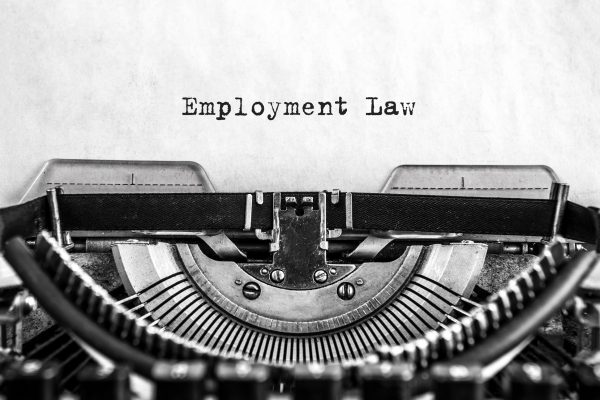There are now a number of Employment Tribunal decisions in relation to disputes concerning COVID-19 and, unsurprisingly, health and safety issues are consistent themes running through them.
S100 of the Employment Rights Act 1996 provides protection from unfair dismissal for those with less than two years’ employment where they have been dismissed for raising legitimate concerns about health and safety at work.
One such case is Mr Ham v ESL BBSW Ltd. Mr Ham started working for ESL BBSW Ltd as an area supervisor in November 2019. On 9 March 2020, Ms Kocinska was appointed by ESL as Mr Ham’s line manager.
On 16 March 2020, the nation was instructed to cease all non-essential contact and travel, following which we were put into lockdown on 23 March 2020 and told to stay at home. On 26 March 2020, the Coronavirus Act 2020 came into force, making lockdown enforceable by law.
On 27 March 2020, Ms Kocinska, who was self-isolating at home due to COVID symptoms, emailed Mr Ham and asked him to collect some items from a school (a client of ESL’s) and deliver them to her house. Mr Ham did visit the school, but refused to deliver the goods to Ms Kocinska, arguing this would amount to a health and safety violation.
Ms Kocinska subsequently dismissed Mr Ham on 30 March 2020 on the grounds that he had failed to follow reasonable management instructions and that he had a bad attitude.
Mr Ham subsequently brought a claim for automatic unfair dismissal to an employment tribunal, arguing he had been dismissed for raising legitimate concerns over his health and safety at work, in being asked to load and unload his van at Ms Kocinska’s house, where she and her daughter were isolating with suspected COVID symptoms.
The employment tribunal held that Mr Ham had been automatically unfairly dismissed from his employment, as he had been dismissed by ESL for raising, by reasonable means, circumstances of danger which he reasonably believed to be serious and imminent, and took appropriate steps to protect himself from danger.
The tribunal concluded the dismissal was in principle about the claimant raising concerns about his health and safety. They acknowledged there may have been an issue with the “tone” taken by Mr Ham, but found this would not have arisen independent of the health and safety concerns.
The tribunal recognised the timing was relevant, concluding:

What most people don’t know is that talent development doesn’t have to be complicated, high risk or expensive. Once they integrate key development stages, the results can be remarkable. Empower your team. Lead your industry. We’re your strategic learning partner, driving performance by moving skills forward.
“In the context of the uncertainties and fears of late March last year and the death toll since then, it is inconceivable that an employee being instructed to go to a house where two people were self-isolating with suspected COVID symptoms, was not raising concerns that he ‘reasonably believed were harmful or potentially harmful to his health and safety’ or that he was seeking to take ‘appropriate steps to protect himself from danger in circumstances in which he reasonably believed to be serious and imminent.”
Mr Ham was awarded one year’s gross salary (£16,640) as compensation for the termination of his employment.
In contrast, in the case of Mr D Rodgers v Leeds Laser Cutting Ltd, the tribunal found Mr Rodgers was not automatically unfairly dismissed for raising legitimate concerns about health and safety and refusing to attend work on the basis of the risk to his vulnerable family member. His employer had taken all reasonable steps to ensure the workplace was safe. The employment judge concluded:
“….the Claimant’s decision to stay off work was not directly linked to his working conditions I find that this is not a case where the claimant refused to return to his place of work, or any dangerous part of his place of work due to the conditions in that environment; he refused to return to his place of work until the national lockdown was over. I cannot conclude that the decision to absent himself, regardless of what the situation might be at the workplace, until a national change was made, can lie at the door of the Respondent. For that reason, and for those set out above, in my judgment, the criteria in this paragraph are not made out.”







